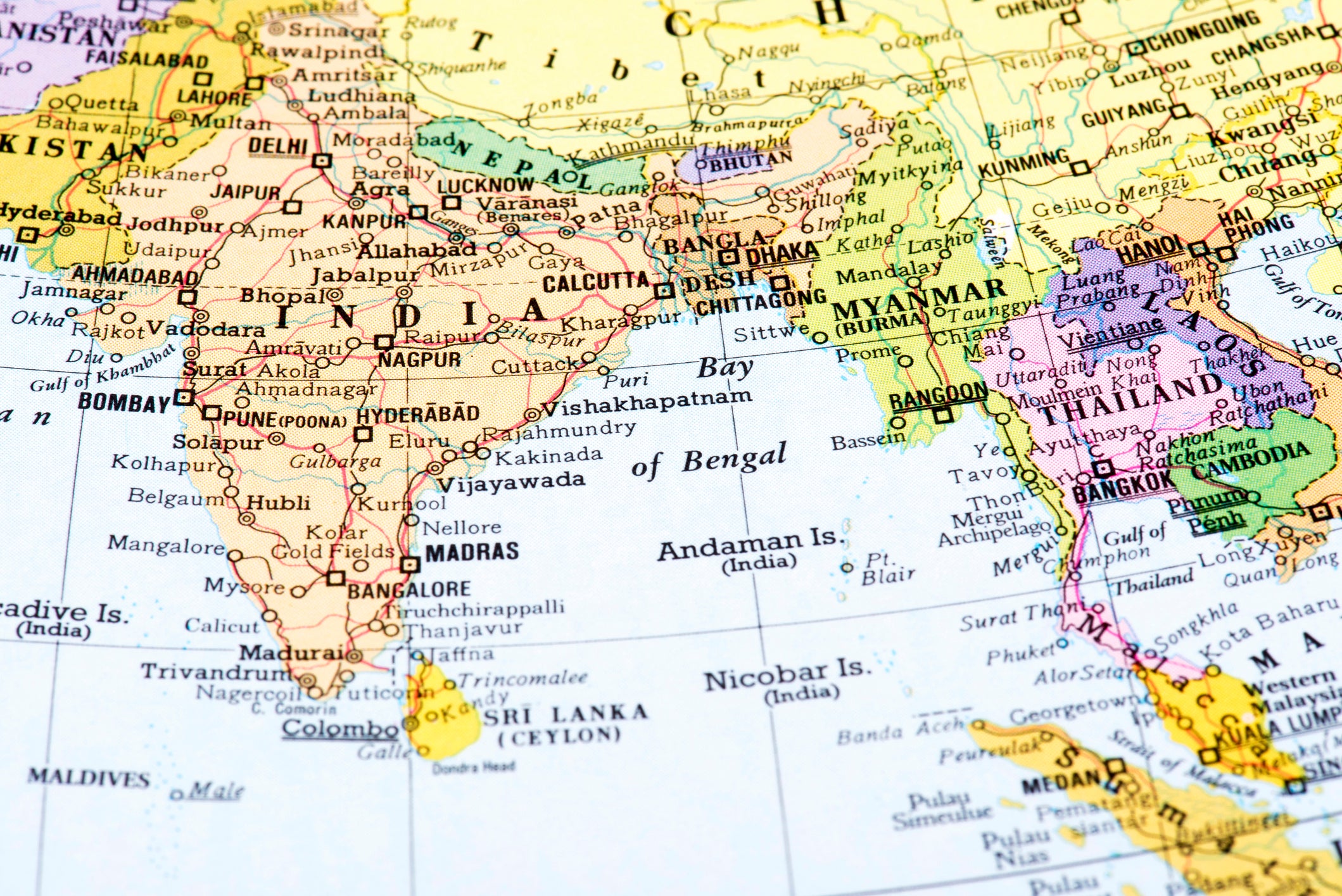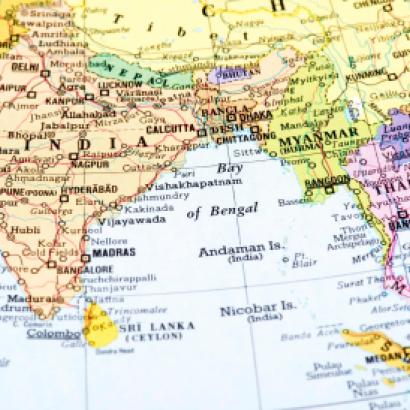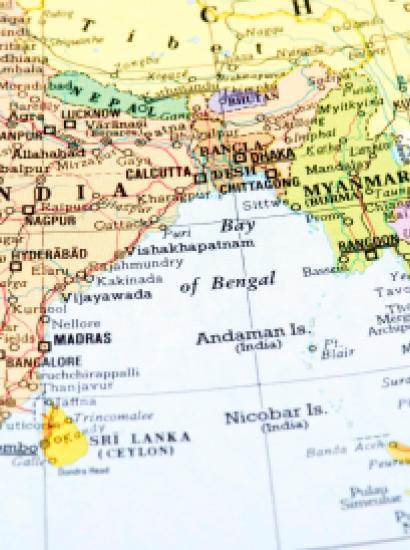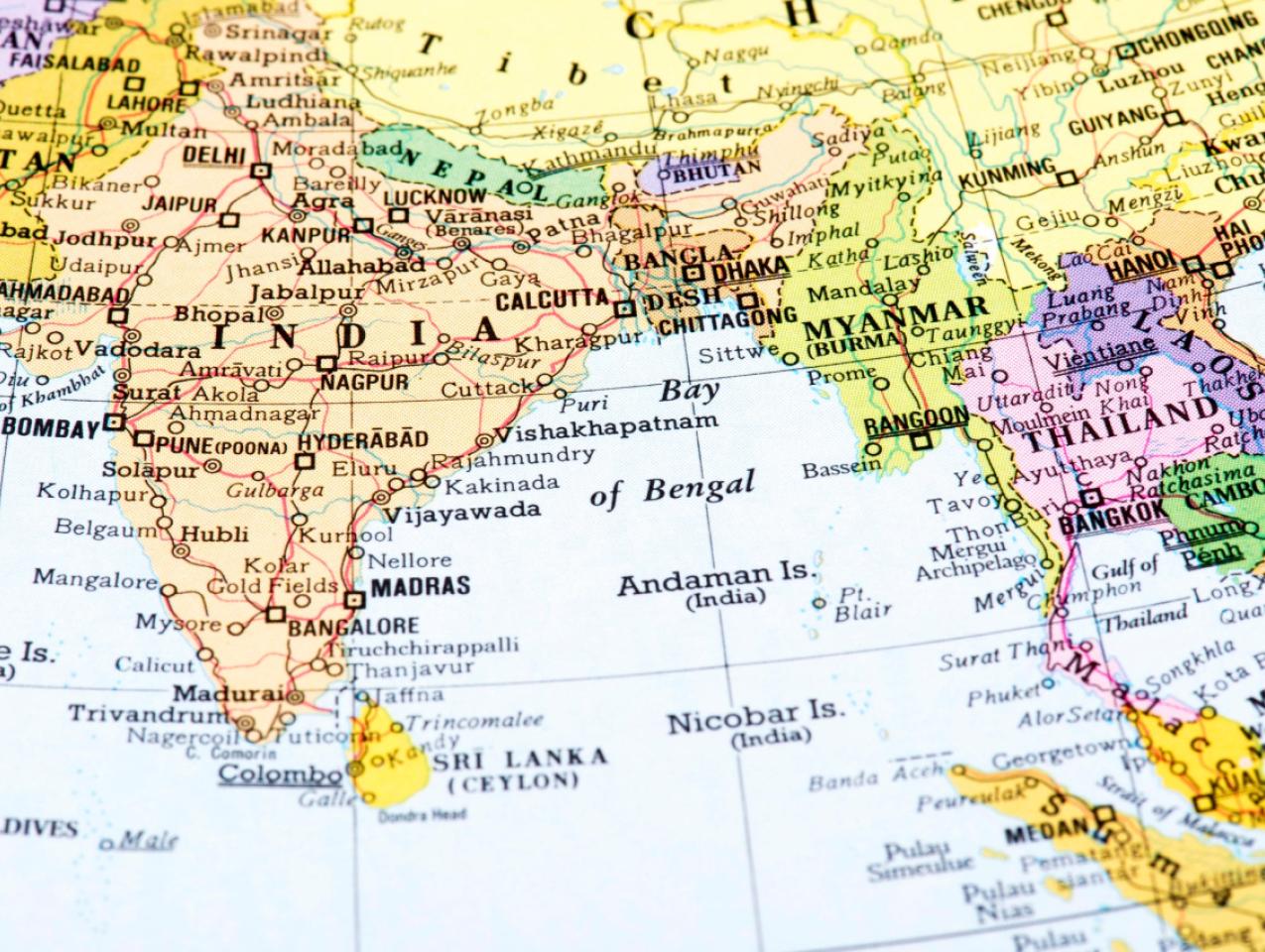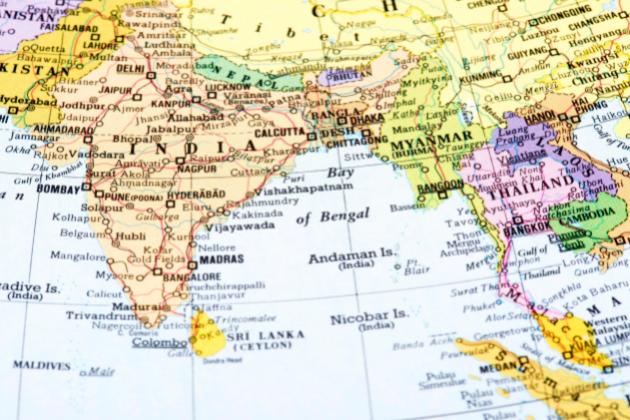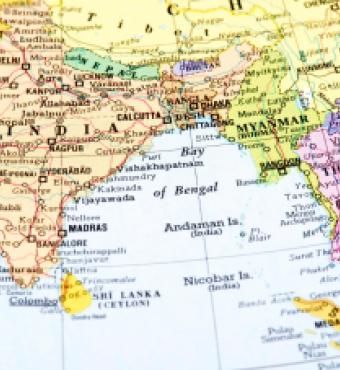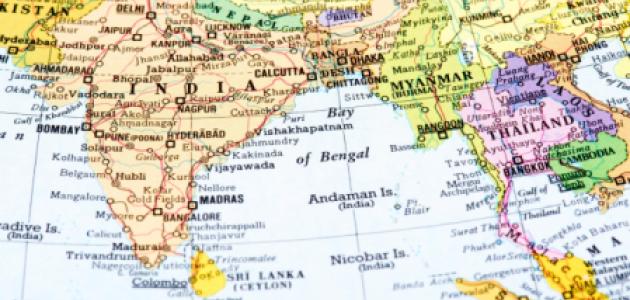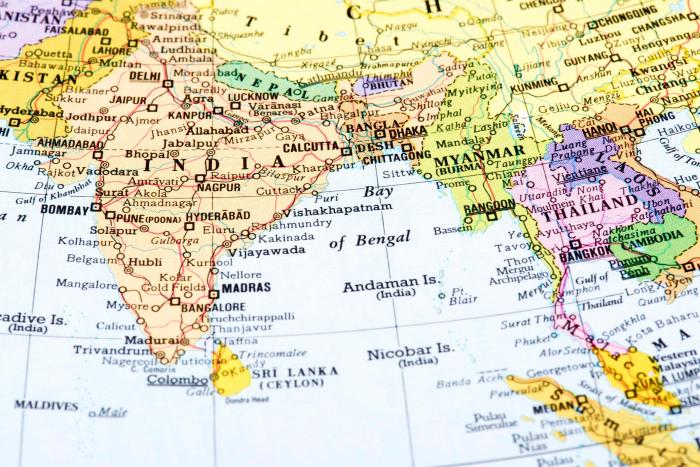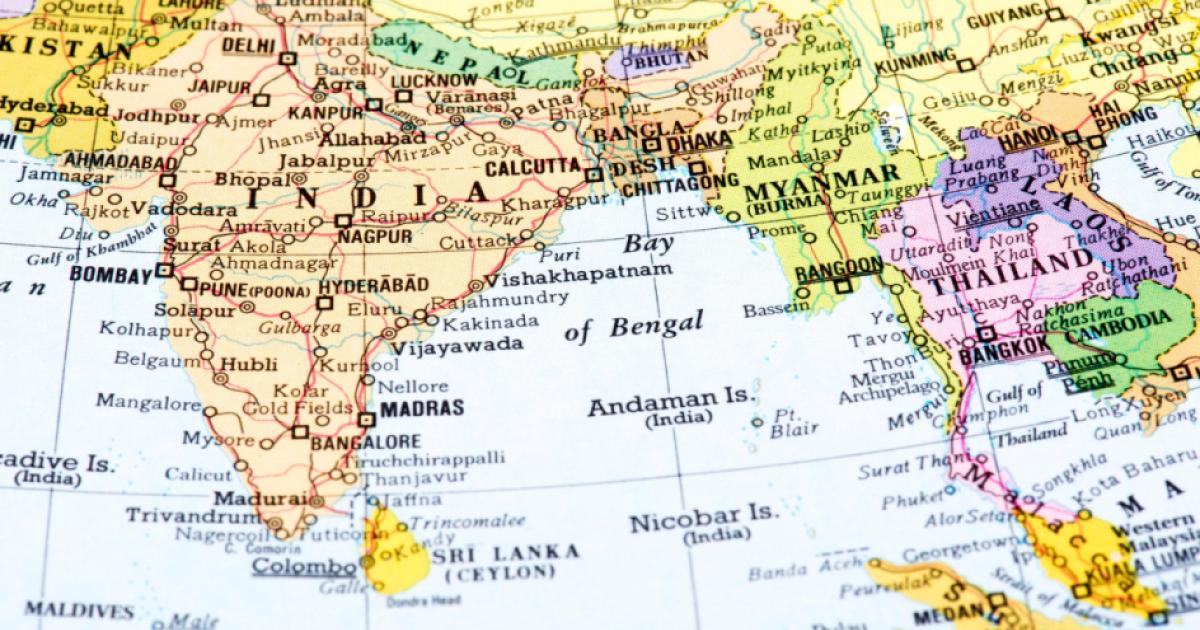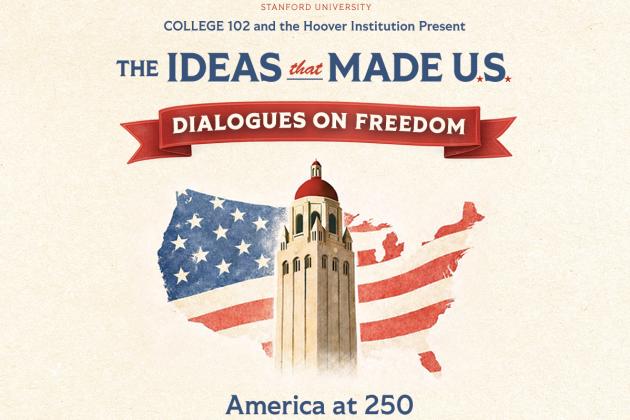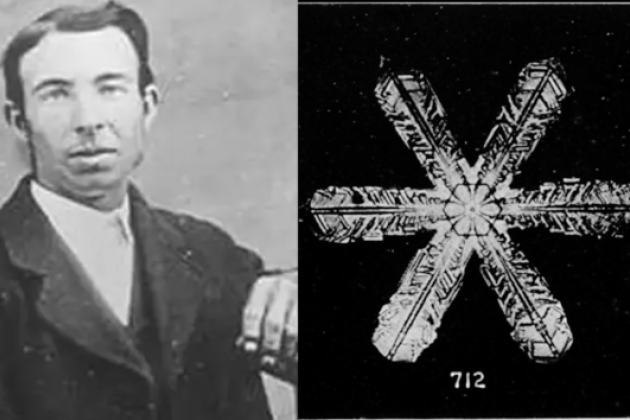The Hoover Institution’s program on Strengthening US-India Relations is hosting a series of closed roundtables that attract selected leading experts on India. They are convened by David Mulford, who is a visiting distinguished fellow at the Hoover Institution and was US ambassador to India from 2004 to 2009.
PARTICIPANTS:
Lisa Curtis, senior fellow and director of the Indo-Pacific Security Program at the Center for a New American Security
Sumit Ganguly, professor of political science and Rabindranath Tagore Chair in Indian Cultures and Civilizations at Indiana University-Bloomington
The discussion was moderated by Larry Diamond, a senior fellow at the Hoover Institution and Mosbacher Senior Fellow at the Freeman Spogli Institute for International Studies at Stanford.
BRIEF SUMMARY:
Although the United States and India share a great number of ideological and cultural commonalities, there is an increasing recognition that the two countries should also work together for geostrategic purposes. The goal of this session was to understand how India’s power in the Asian region is evolving and what opportunities and pressure points India’s policy makers face in dealing with its neighbors across the South Asian and Southeast Asian regions.
With some notable exceptions, including the Sino-Indian War of 1962, Indian experts have mostly focused on security threats deriving from Pakistan. The challenges emerging from Pakistan have only become more considerable with the US pullout from Afghanistan. As perhaps the most steadfast regional supporter of US operations in Afghanistan, India must now contend with a resurgent Taliban, in addition to the ever-present challenge of Pakistan. Additionally, as China has
risen in recent years, India must now contend with an economically and militarily superior aggressor in the region. The Indian sphere of influence in countries like Nepal, Bangladesh, and Sri Lanka is being profoundly altered by Chinese engagement. It is imperative for US policy makers to understand how India is perceiving these geostrategic changes.






